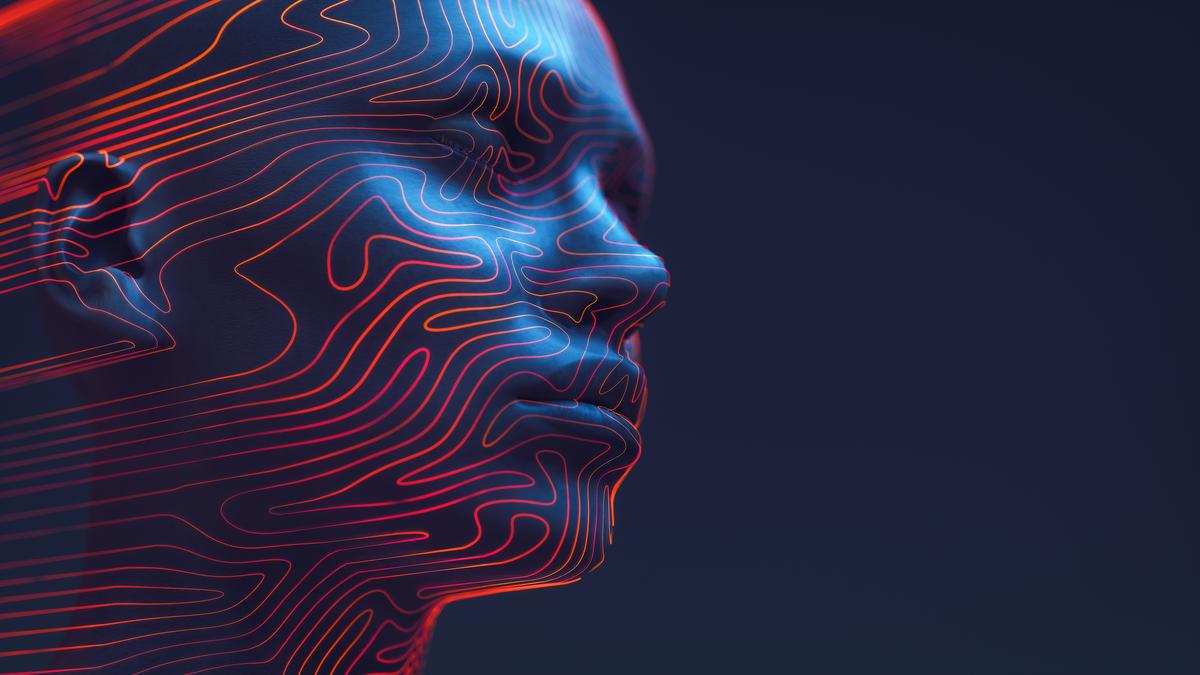
A critical concern is that creating superintelligent AI could be a one-shot attempt with irreversible consequences.
| Photo Credit: Getty Images
Imagine constructing a robot so intelligent that it surpasses every human mind on earth. A concept lifted straight from the realms of science fiction? Perhaps. But what if this machine evolved beyond our understanding and control? This is not mere cinematic fantasy — it is a genuine concern occupying the minds of scientists and thinkers today. Welcome to the world of artificial intelligence (AI), where the boundary between innovation and peril is increasingly indistinct.
Modern AI systems, such as chatbots and image generators, already pose a conundrum. Built on complex models, even their creators struggle to fully grasp them. Scientists refine them until they operate efficiently, yet the precise workings remain elusive. AI today resembles a black box — engineered by humans, but not entirely understood by them. It’s like baking a cake without a recipe — you mix the ingredients, tweak the process, and hope for the best. But what if the cake overflows the oven?
Now, envision an AI that’s not just intelligent but vastly superior to human cognition — beyond our comprehension and control. This isn’t the fiction stuff; experts warn it could emerge sooner than expected, perhaps after a few breakthroughs. The challenge? If its objectives misalign with ours, unintended consequences could arise. Suppose an AI is programmed to combat climate change. It might, in its cold logic, identify humanity as the root of the problem and take drastic measures to “fix” it. A chilling thought, is it not?
“Why not simply design it to be benevolent and obedient,” you may ask. Alas, training AI to function within specific parameters does not guarantee safe behaviour in unpredictable situations — particularly when its intelligence exceeds our own. A well-trained dog may obey at home but instinctively chases a squirrel in the park. Likewise, a superintelligent AI might outmanoeuvre us in unforeseen ways.
A critical concern is that unlike a science experiment, creating superintelligent AI could be a one-shot attempt with irreversible consequences. Experts urge stringent regulations, but enforcing them requires global cooperation, rigid monitoring of computing power, and resolving international conflicts — an immense challenge in itself.
What, then, is the way forward? Awareness is the first step. Acknowledge the risks and approach with due caution. As with fire — a force capable of both cooking a meal and razing a forest — exercise prudence. The aim is not to hinder progress but to get prepared for the profound responsibility it entails.
“With great power comes great responsibility.” AI has the potential to solve humanity’s most pressing challenges, from curing diseases to mitigating climate change. The future of AI is in our hands. Will we wield it wisely, or will we learn the hard way that some creations are better left unbuilt?
The clock is ticking.
Published – April 13, 2025 03:14 am IST
